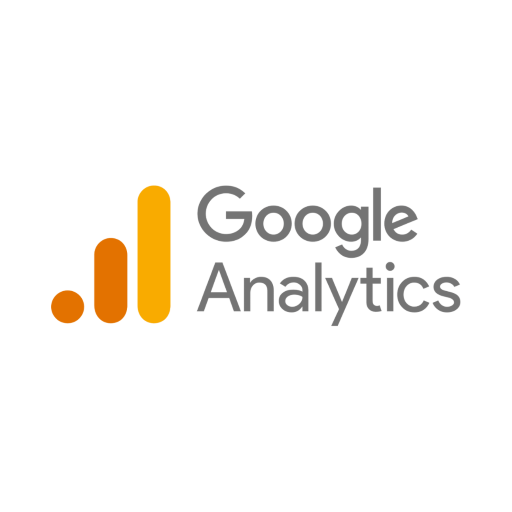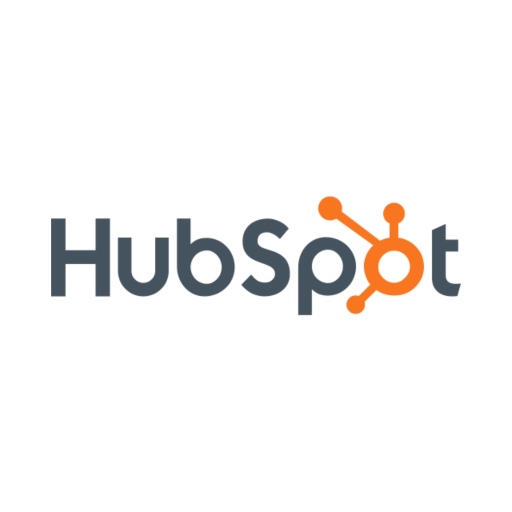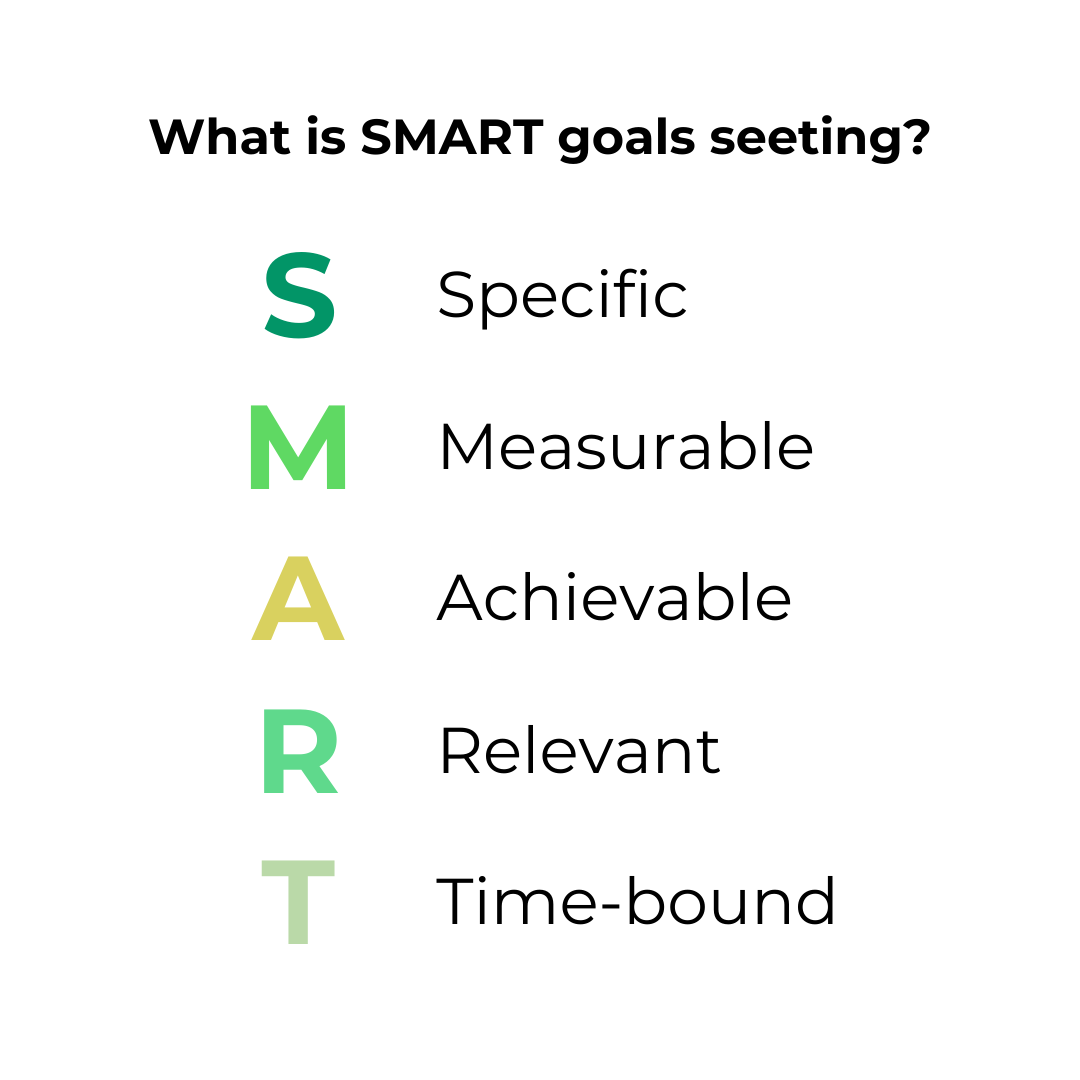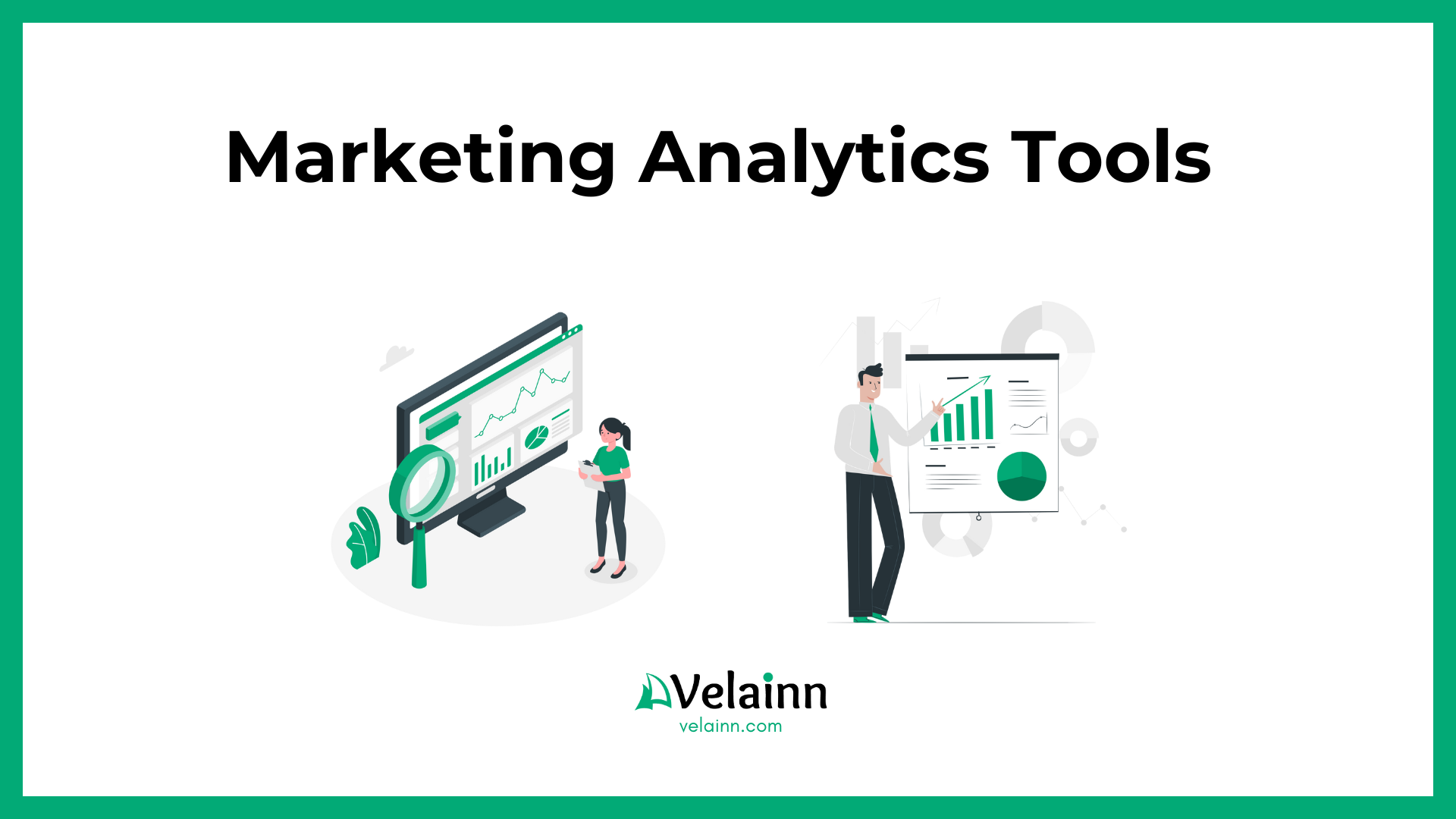Discover how utilizing the right marketing analytics tools can elevate your small business to a market leader.
Understanding Marketing Analytics and Its Importance for Small Businesses
Marketing analytics plays a pivotal role in the success of small businesses by providing valuable insights into customer behaviour, preferences, and trends. Businesses can make informed decisions that drive growth and maximize ROI by analysing data from various marketing channels. Understanding and utilizing marketing analytics is essential for small businesses as it enables them to tailor their marketing strategies, personalize customer interactions, and allocate resources more efficiently.
With the help of marketing analytics, small businesses can identify which marketing campaigns are resonating with their target audience and which ones are falling short. This data-driven approach allows businesses to optimize their marketing efforts, minimize wasted resources, and capitalize on missed opportunities. By leveraging analytics tools, small businesses can stay ahead of the competition and position themselves as market leaders in their industry. Marketing analytics is not just a tool for measuring success; it is a strategic asset that empowers small businesses to make smarter decisions and achieve sustainable growth.
Top Affordable Marketing Analytics Tools to Consider
When it comes to choosing marketing analytics tools, small businesses need options that are both effective and budget-friendly. Here are some top affordable tools to consider:

Google Analytics
A free tool that provides in-depth insights into website traffic, user behaviour, and conversion rates.

HubSpot
Offers a range of marketing analytics features along with CRM, email marketing, and more, with a free tier available.

SEMrush
A comprehensive tool for SEO, PPC, and content marketing analytics. Offers affordable plans for small businesses.

Hootsuite
Primarily a social media management tool, Hootsuite also provides analytics to track social media performance.

MailChimp
Known for email marketing, Mailchimp also provides analytics to measure campaign performance and audience engagement.
How to Leverage Analytics to Understand Your Audience
To effectively leverage analytics, small businesses should focus on collecting and analyzing data that provides insights into their audience. This includes demographic information, purchasing behaviour, and engagement patterns.
Using tools like Google Analytics, businesses can track metrics such as page views, session duration, and bounce rates to understand how users interact with their websites. Social media analytics can reveal which content resonates most with followers, while email marketing analytics can show open rates and click-through rates, helping refine communication strategies.

Google Analytics dashboard example.
Surveys and feedback forms are also valuable for gaining direct insights from customers. By combining quantitative data from analytics tools with qualitative feedback, businesses can develop a comprehensive understanding of their audience, leading to more targeted and effective marketing efforts.
The Benefits of HubSpot for Small Businesses in Marketing Analytics.
Small businesses looking to take their marketing strategies to the next level should consider leveraging the power of marketing analytics tools like HubSpot. By integrating these tools into their overall marketing strategy, businesses can set clear objectives and key performance indicators that align with their goals.
With HubSpot's comprehensive range of marketing analytics features, small businesses can closely monitor the performance of their campaigns across various channels. By analyzing essential metrics such as website traffic, conversion rates, customer acquisition costs, and social media engagement, businesses can gain valuable insights that drive growth and maximize ROI. Identifying effective strategies through data-driven decisions allows businesses to stay ahead of the competition and position themselves as industry leaders in their fields.

HubSpot dashboard example.
HubSpot's affordability and extensive analytics tools make it a valuable asset for small businesses seeking to enhance their marketing efforts and outperform their competitors. By leveraging these tools strategically, businesses can adapt to market changes, measure success accurately, and optimize their marketing strategies for sustained growth and success. In a rapidly evolving digital landscape, integrating HubSpot's marketing analytics tools into a business's overall marketing strategy is essential for staying competitive and achieving long-term success.
Integrating Marketing Analytics with Your Marketing Strategy
Integrating marketing analytics into your overall marketing strategy involves using data to drive and shape your decisions. Start by setting clear objectives and key performance indicators (KPIs) that align with your business goals.
Setting goals using the SMART methodology can help small businesses leverage marketing analytics effectively. By following the SMART criteria - Specific, Measurable, Achievable, Relevant, and Time-bound - businesses can ensure that their objectives are clear, quantifiable, attainable, aligned with their overall goals, and time-sensitive. This approach enables businesses to track progress, measure success, and make necessary adjustments to optimize their marketing strategies. By establishing SMART goals, small businesses can harness the power of marketing analytics to drive growth, maximize ROI, and position themselves as industry leaders.

Next, utilize analytics tools to monitor how your marketing campaigns are performing across different channels. This data will help you identify which strategies are effective and where adjustments may be needed. For instance, if a particular social media platform is driving the most traffic and conversions, consider allocating more resources to that platform.
Regularly reviewing and analyzing your data empowers you to make informed decisions, optimize your marketing efforts, and adapt to changes in the market landscape. This ongoing process of refinement is crucial for fostering growth and staying ahead of the competition.
Measuring Success: Key Metrics You Should Be Tracking
To measure the success of your marketing efforts, it’s important to track key metrics that provide insights into performance and ROI. Here are some essential metrics for small businesses:
1. Website Traffic: Monitor the number of visitors to your site and their behaviour to understand traffic sources and user engagement (see the examples above).
2. Conversion Rate: Track the percentage of visitors who take a desired action, such as making a purchase or signing up for a newsletter.

3. Customer Acquisition Cost (CAC): Calculate the total cost of acquiring a new customer to ensure your marketing efforts are cost-effective.

4. Customer Lifetime Value (CLV): Estimate the total revenue a customer will generate over their lifetime to assess long-term profitability.

5. Social Media Engagement: Measure likes, shares, comments, and followers to gauge the effectiveness of your social media campaigns.
6. Email Open and Click-Through Rates: Track these metrics to evaluate the success of your email marketing campaigns and identify areas for improvement.
In conclusion, integrating the right marketing analytics tools into your small business strategy can be a game-changer in today's competitive market landscape. By leveraging tools like Google Analytics, HubSpot, SEMrush, Hootsuite, and MailChimp, small businesses can gain valuable insights into customer behaviour, preferences, and trends.
This data-driven approach allows businesses to optimize their marketing efforts, minimize wasted resources, and capitalize on missed opportunities. With a focus on setting SMART goals, monitoring key metrics, and continuously refining strategies based on data analysis, small businesses can position themselves as industry leaders and achieve sustainable growth. By embracing marketing analytics as a strategic asset, small businesses can make informed decisions, maximize ROI, and stay ahead of the competition in the digital age.
If you're interested in implementing HubSpot Marketing Hub for your small business, feel free to reach out to Velainn. Our team of experts is ready to help you maximize the benefits of HubSpot implementation. Schedule a complimentary 15-minute call to explore how your small business can thrive with HubSpot.
Illustrations: HubSpot, Storyset, Velainn, Canva, Google Analytics

